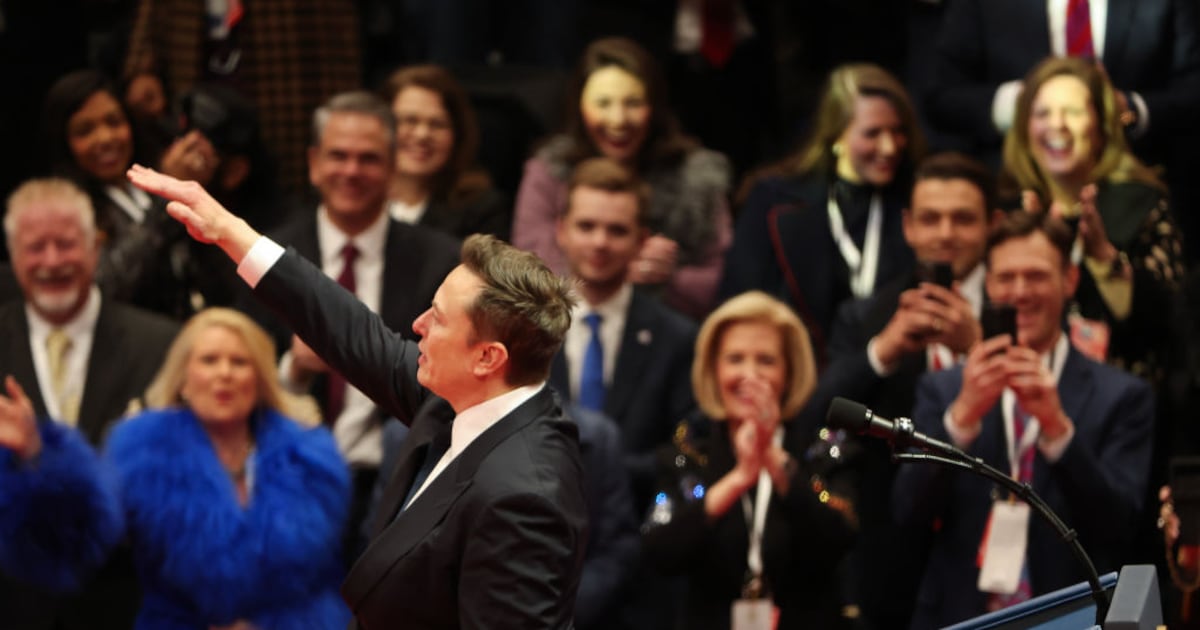
In case anyone was ready to opine on how Hillary Clinton had faded into irrelevance, her first two days of travel in India should have pre-empted the pundits.
In Delhi she has already waded deep into territory that the world’s leaders failed to emerge from at their G8 get-together in Italy: climate change.
What Clinton leaves behind are the petty disputes of a Washington still engrossed in the psychodrama of the Democratic primaries of 18 months ago.
In particular, she inserted herself in the blame game between rich and poor countries, saying that developing economies—like India and China—should not repeat the same mistakes of industrialized nations like the United States. This is no time for idle blather: the Obama administration needs to forge some meaningful consensus before the Copenhagen talks at the end of the year.
And while Clinton was deferential about India-Pakistan relations, she urged a united front against terrorism in a news conference from the same hotel terrace in Mumbai that was covered in blood after last year’s murderous attacks.
Relations between India and Pakistan are no abstract or purely local concern for the United States. Pakistani officials have a long record of support for insurgent violence (aka terrorism) in Kashmir, against Indian targets, and have long tolerated similarly violent groups in the tribal areas bordering Afghanistan.
Clinton’s challenges are not confined to the sub-continent. She started her tour in Mumbai, only to face the outrage of a new Asian terrorist attack, almost 3,000 miles away.
The news of at least eight deaths in two simultaneous suicide bombings at American hotels in Jakarta, Indonesia, represents a stark reminder of the long struggle ahead.
Yes, the Cairo speech was a big deal for Muslim audiences around the world. But President Obama’s fine words cannot halt a determined group of mass murderers, even in a country where he spent part of his childhood, where his mother dedicated her career, and where religious tolerance was long a foundation of the culture.
The Jakarta attacks—on the JW Marriott and Ritz-Carlton—represent something even more complex than the three days of terror in Mumbai last year. The Mumbai attacks slotted back into a traditional, but still shocking, pattern of Pakistan-India terrorism.
But Jakarta shows how persistent al Qaeda-style terrorism remains—coordinated suicide attacks on American or Western targets—even after the home government has taken significant steps to disrupt terrorist networks and their leaders.
Clinton ends her foreign trip on the island resort of Phuket, Thailand, for an ASEAN meeting of Southeast Asian leaders. The setting and the news will inevitably stir up memories of the most shocking terrorist attacks in Indonesia—the Bali bombings of 2002, and then 2005, which killed more than 200.
On Friday, Obama officials were deeply reluctant to stray beyond the limited condemnations of the terrorists, at a time when Indonesian officials were still trying to piece together the facts of the attacks.
The result: You couldn’t tell that Obama had any kind of personal relationship to Indonesia based on his statement from the White House on Friday. Indeed, the official wording could have come from President George W. Bush.
“Indonesia has been steadfast in combating violent extremism, and has successfully curbed terrorist activity within its borders,” the president said. “However, these attacks make it clear that extremists remain committed to murdering innocent men, women, and children of any faith in all countries. We will continue to partner with Indonesia to eliminate the threat from these violent extremists, and we will be unwavering in supporting a future of security and opportunity for the Indonesian people.”
But for Clinton, the crisis is something of an opportunity.
Compared to a so-called big speech at the Council on Foreign Relations, this is the real deal: an international stage at a time of crisis when top-flight diplomacy counts. It’s great to be in the room for a presidential meeting with foreign leaders. But it’s far more meaningful for any secretary of State to be the biggest U.S. official in another room, with pressing work to be done.
What Clinton leaves behind are the petty disputes of a Washington still engrossed in the psychodrama of the Democratic primaries of 18 months ago. Who cares about the personal loyalties of an assistant secretary or an obscure ambassador—or even the timings of competing press statements—when there are complex international challenges to confront?
Her immediate challenge is to take a sleepy ASEAN meeting, normally focused on dry but worthy questions about economic growth and civil society, and turn it into a robust response to terrorist attacks on foreign targets. That means going beyond pure counterterrorism to include development assistance in Indonesia, where poverty remains rampant.
If Clinton can show that the United States cares more about the Indonesian people than its terrorist cells—even at a time when Americans have been seriously wounded by Indonesian terrorists—there is likely to be less room for America’s enemies to find a base for their operations.
That’s a role that anyone inside the Obama administration should find worthy of Clinton’s status and talents.
Xtra Insight: Read more analysis plus eyewitness accounts of the Jakarta bombing
Xtra Insight: The Daily Beast's Bruce Riedel: The Jihadists Strike Back
Richard Wolffe is a Daily Beast columnist and an award-winning journalist, political analyst for MSNBC, and senior strategist at Public Strategies. He covered the entire length of Barack Obama's presidential campaign for Newsweek magazine. His book, Renegade: The Making of a President , will be published by Crown in June.






